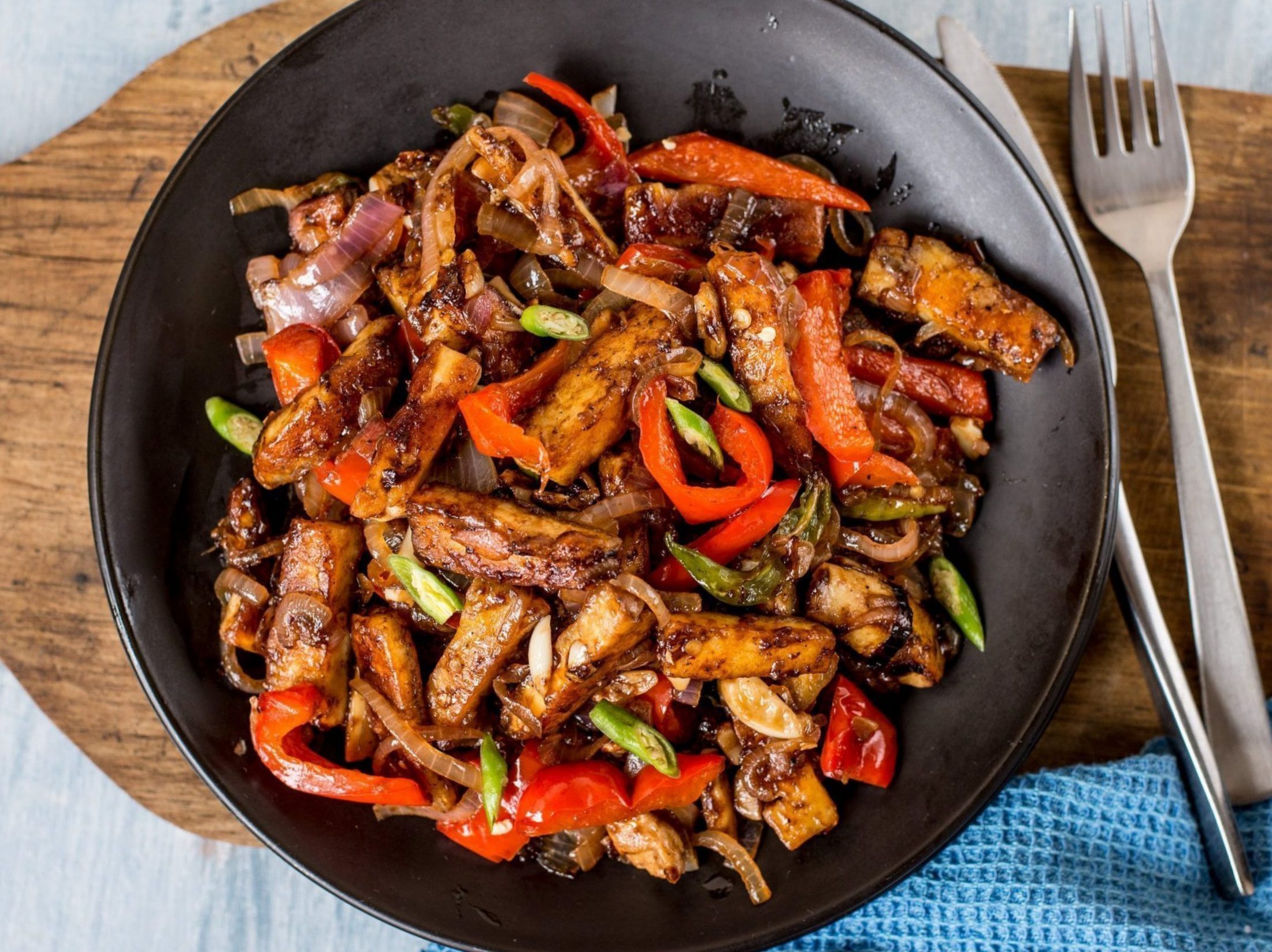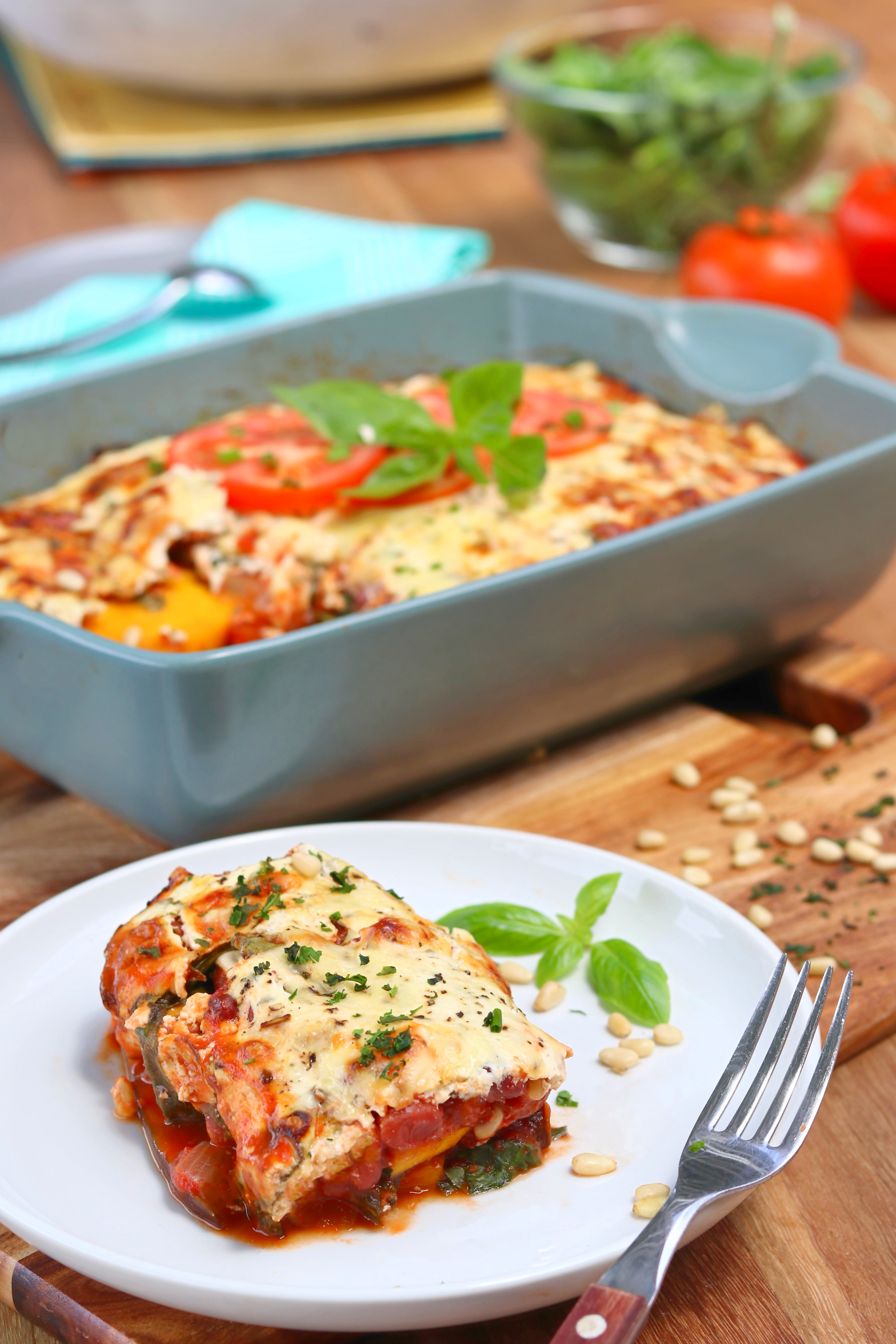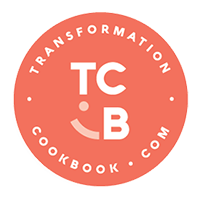Going Raw? How far should you go?
Raw food diets encourage people to eat the vast majority of their food in a natural, uncooked state. I'm sure most health conscious people will admit the less processing is probably a good thing, but how far do you go with going raw?
What are the benefits of going raw? Are there drawbacks? Does cooking destroy nutrition?

Why raw?
Raw food enthusiasts avoid anything that has been cooked or heat processed. The rationale being that cooking destroys the life-force of the food and its nutrition such as the enzymes which help digest the food.
One aspect that does raise an eyebrow is unlike the term “organic” the term “raw” has no legally binding definition.
Cooking is a human universal. No society has existed without it. The consumption of a cooked meal in the company of family, friends and colleagues is documented in every known society throughout history. [1-4] Physiologically there are quite a few important benefits of cooking
In terms of specific health benefits of going totally raw, like most extremes, it all starts to unravel when you look into the research.
Firstly, from Palaeolithic research cooking is designated as THE time point responsible for rapid human evolution.
The human brain consumes 20-25% of the body's total energy requirements. Cooking allowed humans to consume more energy and nutrition essential to brain development. Without cooking, scientists are certain we could not have developed the brains we have now. [1]
Cooking kills bad bacteria that can kill us. That health benefit aside, the act of cooking softens the starch and cellulose structure of many plant foods making their nutrition more available to our digestive system. Potatoes, pumpkins, rice and root (tuber) vegetables are impossible for our digestive system to break down and digest without cooking.
Raw food advocates don’t cook pulses, they sprout them to make the nutrients more bioavailable. Good grains, beans, and legumes for sprouting include Lentils, Millet, Chickpeas, Kidney beans and Peas.
While cooking does affect some nutrients it also enhances the bioavailability of many others. [2-4]
For example, are tomatoes more nutritious when consumed cooked?
The answer is yes. The small loss of vitamin C is far out weighed by the increased bioavaibility of polyphenol compounds such as lycopene.
Are cooked carrots more nutritious than raw?
Again, the answer is yes. Prolonged boiling, does reduce the vitamin content of most vegetables. But carotenoids, such as the beta carotene in carrots, are more readily available when vegetables are cooked or processed such as chopped or puréed.
It is true that some forms of cooking are certainly better than others for many varieties of food, even different vegetables. [2,3]

Does cooking kill nutrition?
A lot of raw-food literature cite cooking studies that examined the effects of boiling various foods for long amounts of time. Nowadays not many people boil the crap out of their veggies. Steaming, stir-frying and microwaving are more the norm and when kept short and to a minimum, these methods are shown in quality research to maximize nutrition from vegetables.
For example, steaming or microwaving for 5 minutes or less (depending on the quantity) will preserve most vitamins and enhance nutrition of broccoli, carrots and greens. [2] However, stir-frying red cabbage might be better for antioxidant availability. [3]
Stews, casseroles and braises are not only great time savers, their slow cooking attributes trap the recipe's nutrition and many plant polyphenol's become more bioavailable. [2,4]
Whether you choose to eat your veggies raw or cooked always remember, where your produce comes from and how long it took to get to you will actually determine the nutrition quality far more than any cooking method. [2]
For example, the longer vegetables sit on the shelf or in transit, the more water soluble vitamins are lost. So if you are going to eat fresh, make sure it’s prepped, cooked and consumed quickly.
Ever wondered about those super-convenient steamable bags of frozen vegetables you just throw in the microwave?
At least one research study shows the broccoli steamed in the bag is more nutritious compared to regular microwaving.[5]
In the majority of cases, the energy and nutrition are more readily absorbed from cooking - red meat, legumes, cabbages, grains like barley, oats, rice and quinoa, as well as potatoes and root vegetables.

The bottom line
The risk of being exposed to a foodborne illness is increased when you consume foods raw. So just be sure you consume your raw fruits and vegetables washed, prepared and stored under sanitary conditions. This is especially true if raw dairy, eggs or meat are part of your diet. That's why health experts and organisations recommend that people only eat these when they're fully cooked or pasteurized.
When you look to the science, there doesn’t seem to be any clear benefit to exclusively committing to the consumption of raw foods. Or avoiding cooked foods in favour of the uncooked version. Additionally, knowing how to cook your food correctly will often increase the nutrition of the meal.
Any diet that promotes a high consumption of fresh fruit, vegetables, nuts, seeds and cold pressed oils is a good one. Nevertheless, I'll have my steak medium-rare, not moving.
Recommended reading
1.Genetic Evidence of Human Adaptation to a Cooked Diet. Carmody RN, Dannemann M, Briggs AW, Nickel B, Groopman EE, Wrangham RW, Kelso J. Genome Biol Evol. 2016 Apr 13;8(4):1091-103.
2. A review of the impact of preparation and cooking on the nutritional quality of vegetables and legumes. A D.T. Fabbri., G A.Crosby. International Journal of Gastronomy and Food Science, Volume 3: 2-11, April 2016.
3.Cooking techniques improve the levels of bioactive compounds and antioxidant activity in kale and red cabbage. Daniella Carisa Murador, Adriana Zerlotti Mercadante, Veridiana Vera de Rosso. Food Chemistry, Volume 196, 1:1101-1107, April 2016.
4.Effects of different cooking methods on nutritional and physicochemical characteristics of selected vegetables. Miglio C, Chiavaro E, Visconti A, Fogliano V, Pellegrini N. J Agric Food Chem. 2008 Jan 9;56(1):139-47.
5.Effect of steamable bag microwaving versus traditional cooking methods on nutritional preservation and physical properties of frozen vegetables: A case study on broccoli (Brassica oleracea). Innovative Food Science & Emerging Technologies Volume 31:116-122, Oct 2015.
FOLLOW Dr Paul Cribb PhD.





